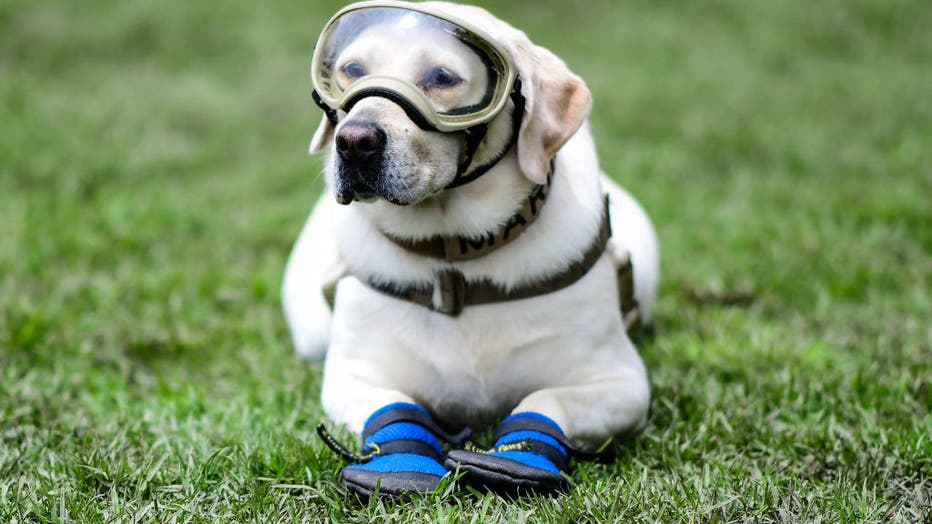Pets can smell your stress, study finds
Dogs have been human's best friend for thousands of years, and their ability to understand us goes beyond just following commands and responding to our emotions.
A recent study has shown that dogs can actually smell human stress and react to it in ways that suggest a profound connection between our species. This fascinating discovery sheds light on how deeply intertwined our lives have become with our canine companions and the incredible ways they adapt to our emotional states.
Humans and dogs have shared a bond for thousands of years
Humans and dogs have been close companions for around 30,000 years, supported by anthropological and DNA evidence.
This long history suggests that dogs are uniquely qualified to interpret human emotions. They have evolved to read verbal and visual cues from their owners, and research shows they can even detect the odor of stress in human sweat.
Can dogs smell stress?
Yes, dogs can smell stress.
Researchers at the University of Bristol conducted a study that found dogs can detect stress through the hormone cortisol in human sweat. This ability allows them to react emotionally to human stress.

A rescue dog from the Mexican Navy, Frida, takes a break during a training session in Mexico City, on September 6, 2018.
How do dogs react to human stress?
In the study, 18 dogs and their owners participated, along with 11 unfamiliar volunteers who were subjected to stress tests involving public speaking and arithmetic.
The stress caused higher cortisol levels in their sweat. Dogs exposed to these sweat samples were less likely to approach a bowl in ambiguous locations, indicating a more pessimistic mood compared to when they smelled sweat from relaxed individuals.
Why do dogs respond to stress in humans?
Dogs’ ability to sense stress likely evolved as a survival mechanism. Being able to detect stress from another member of their pack would alert them to potential threats. This emotional contagion between humans and dogs suggests a deep evolutionary bond.
As Zoe Parr-Cortes, lead study author and a Ph.D. student at Bristol Veterinary School, mentioned to LiveScience, "Being able to sense stress from another member of the pack was likely beneficial because it alerted them of a threat that another member of the group had already detected."

